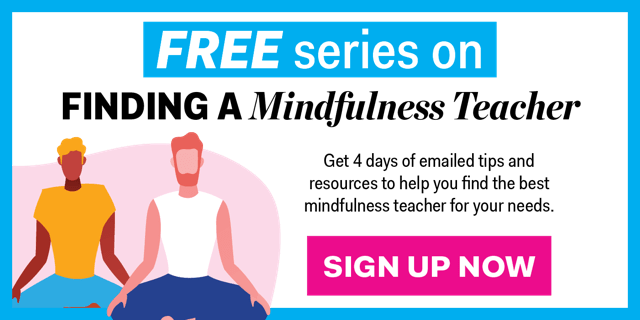
Do you need a mindfulness teacher?
As the incorporation of mindfulness practices into varied aspects of life—including work, school, hospitals, and more—grows in demand, so too does the importance of qualified mindfulness teachers. These professionals, trained to assist groups and individuals with integrating mindfulness into their thought processes and activities, can be invaluable.
By understanding what mindfulness teachers offer and how to find the best mindfulness teacher for your needs, you can make a logical, empowered decision.
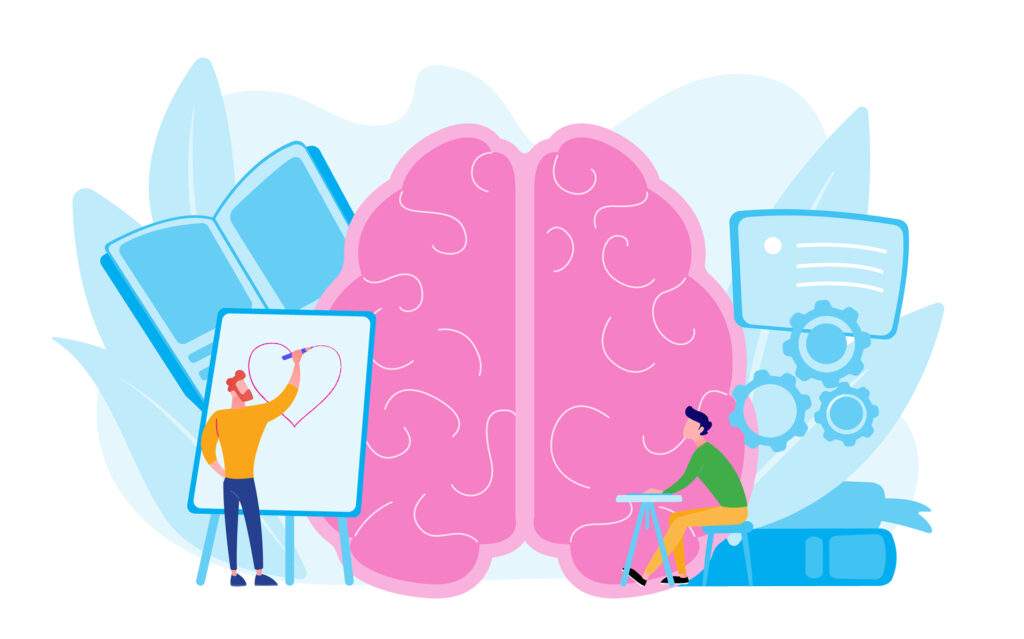
What Is a Mindfulness Teacher?
The definition of a “mindfulness teacher” is currently fairly broad.
Search for a mindfulness teacher online, and you’ll likely see a range of types, from private practitioners to independent mindfulness programs.
The wiggle-room in determining what exactly a mindfulness teacher is and who can claim that title has prompted some leaders to seek—and even create—more rigorous standards. A small group of experienced teachers recently launched the International Mindfulness Teachers Association (IMTA), which was launched with the mission, “to oversee national and international mindfulness teacher education and training standards to ensure teaching and education programs continue to meet a level of depth and rigor needed to serve students and clients at the highest level and standardize the mindfulness teaching profession.”
The Association’s establishment was met with pushback from multiple mindfulness professionals, and many still disagree about whether the field of mindfulness teaching should require narrow standards or be more widely accessible. (Read more in The Challenge of Certifying Mindfulness Teachers.)
For now, the best path toward finding the right mindfulness teacher for your needs should start with articulating why you’re looking for one and an understanding of what to look for in a good mindfulness professional.
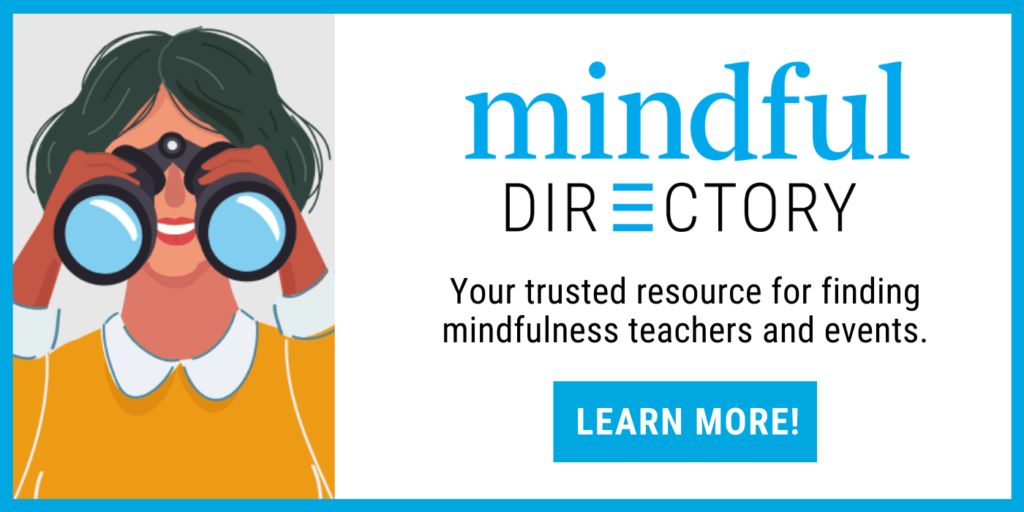

Why Do You Need a Mindfulness Teacher?
Finding a good mindfulness teacher can help us unlock our greatest potential for kindness, connection with others, and even long-term happiness.
In Do You Need a Mindfulness Teacher? Barry Boyce writes:
In the hands of good mindfulness teachers, mindfulness opens the door to deeper inquiry and insight. Using the steadiness of mind and the lower reactivity that arises from simple mindfulness practice, we investigate. We look at causes, context, conditions. We develop a rounded picture that can lead to change.
For example, a number of mindfulness teachers encourage the use of mindfulness to notice and investigate unconscious bias and to do deep listening. For a long time, mindfulness has been used in service of improving our ability to have difficult conversations, as evidenced by the recent work of Oren Jay Sofer (author of Say What You Mean) and Lili Powell at the University of Virginia’s Contemplative Sciences Center.
People teaching mindful leadership, such as Janice Marturano, Rich Fernandez, and Jeremy Hunter, ask their students to probe for underlying values that are their own—not ones simply supplied to them by their employer. They engage students in discussions that investigate with curiosity the causes of pain: personal pain, shared pain, organizational pain.
In addition, most mindfulness teachers introduce kindness and compassion practices that emphasize our intimate connection with others, as opposed to focusing purely on ourselves. And teachers like Jud Brewer and Hugh Byrne offer lots of good instruction and advice about changing deep-seated habits. They are not blaming or guilting us for having our habits, as some critics suggest. They are simply unpacking the process of habit formation and supplying us with tools to make new choices.

Skills to Look for in a Mindfulness Teacher
When you’re ready to begin your search for a mindfulness teacher, we recommend keeping this list of skills on hand for assessment.
1. Thoughtfully Organizes Curriculum: How well is the teacher prepared and how well do they cover the curriculum content of the session?
2. Connects Authentically: Characteristics of a good teacher include empathy, authenticity, compassion, warmth, curiosity, and respect, among others.
3. Naturally Embodies Mindfulness: To embody a practice of mindfulness is to bring the core attitudes of mindfulness practice—non-judging, patience, beginner’s mind, trust, non-striving, acceptance, and letting go—to the practice of teaching mindfulness.
4. Clearly Guides Practices: How well does the teacher describe what participants are being invited to do in the practice, including all the elements required in that practice?
5. Creatively Supports Inquiry and Curiosity: Does the teacher convey the themes of the course interactively to participants, using a range of teaching approaches that make the themes come alive?
6. Competently Navigates Group Dynamics: A competent teacher creates a learning environment that “holds” the group and within which the learning takes place.
Learn more about skills to look for in a mindfulness teacher here.
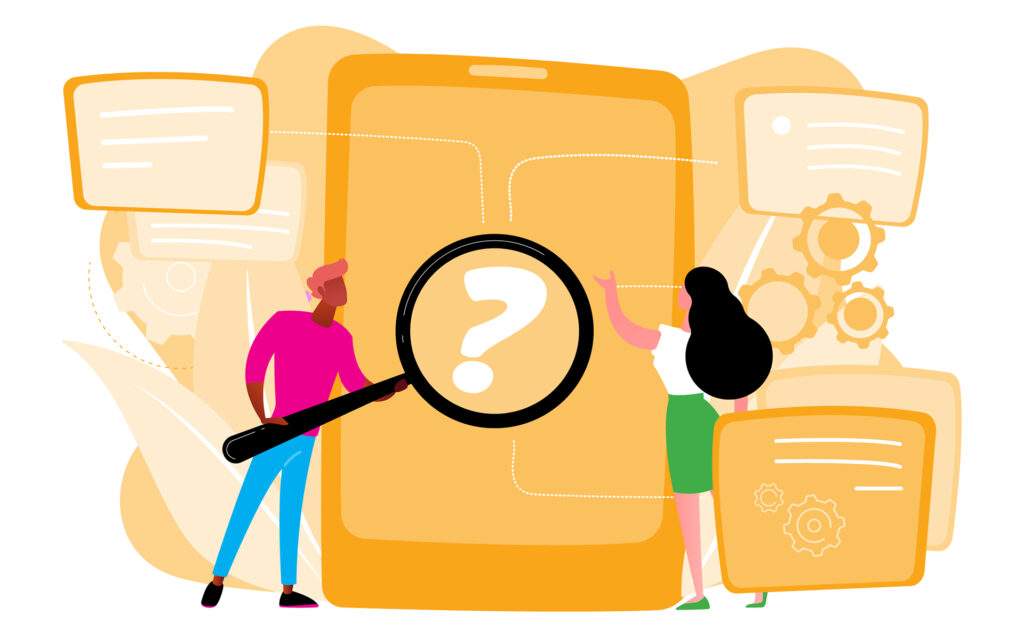
How to Find a Mindfulness Teacher
Without certification requirements or clear guidelines, finding the right mindfulness teacher can be a serious challenge.
There are many organizations out there trying to connect you with the best mindfulness teachers. Here are some trusted resources and directories to help begin your search for the teacher who is the perfect match for you.
ACCESS MBCT is an international listing of mental health professionals who are committed to excellence in the delivery, training, and dissemination of Mindfulness-Based Cognitive Therapy.
The International Mindfulness Teachers Association is a certification and accrediting body and membership organization that includes a member directory of Certified Mindfulness Teachers and Accredited Mindfulness Teacher Training Programs.
Mindful Directory Ltd—a collaboration with mindful.org—is a platform where mindfulness teachers and other professionals register their credentials and list their events.
The Mindfulness Center at Brown University maintains a Mindfulness-Based Stress Reduction (MBSR) Teacher Recognition List, which includes teachers who have provided appropriate documentation of their teaching credentials.
Mindful Leader offers an MBSR Certified Teacher Directory provided to the organization by the University of Massachusetts Medical School, which has verified the credentials of the teachers listed.
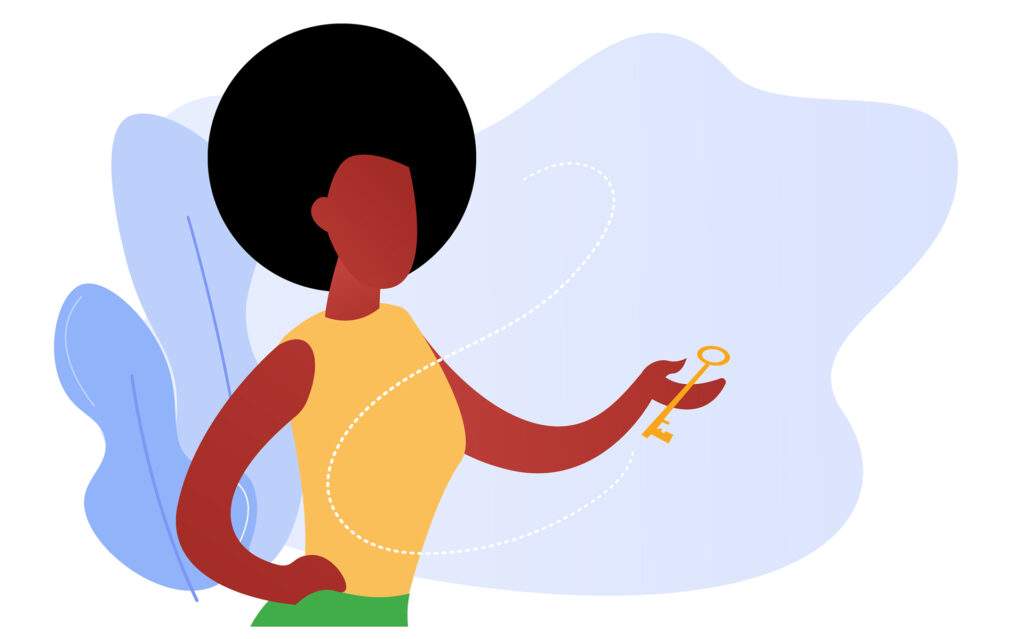
3 Levels of Mindful Guidance
The lines between the levels of guidance are not hard and fast, and one is not better than another. They work together.
The guidance we receive from others on the path of meditation comes from three different levels, with each a bit more intimate and intensified, and placing more trust in the teacher: fellowship, mentorship, leadership.
1. Fellowship
We already have a teacher—in fact, many teachers—in the form of resources full of instruction and insightful guidance available via so many channels. But one of the principal elements we need is something that keeps us coming back to meditation regularly, and in this case, fellow meditators can make a great difference. As we get trapped in old habit patterns or fall into ruts, lose our inspiration to keep going, or start to feel we’re the only one who has difficulties, connection with meditating friends—in person, online, or both—can make all the difference.
It’s not that we’re all leaning on each other so that we’ll all fall down together. Rather, we help each other stand on our own two feet, as it were. We may do retreats together or find ways to integrate practice in other areas of life, such as starting a mindfulness program in a local school or hospital. There is great power in learning together.
Fellowship, being in community with others, becomes an important foundation for going forward on the path of meditation, because it gradually encourages us to think less of mindfulness as a personal pursuit and more as collective pursuit, the social well-being that Mark Leonard talks about.
2. Mentorship
At the level of mentorship, there is much more personal give-and-take with a teacher. It may also occur in a group, but is also often enhanced by one-on-one time. Many of us have experienced an inspiring talk by a teacher, perhaps to a crowd of hundreds or even thousands. That’s OK for getting an inspirational boost, but a mentor comes down off the stage and sits down with you at eye level, for extended periods.
The way that meditation mentors lead people is probably best described as facilitation. It can happen at an individual level, but quite often it occurs in small group programs, such as MBSR or MBCT or any meditation class, really, where personal instruction and group work combine. Facilitating is the act of making it possible for students to find their way. While in fellowship, there is a danger of incestuousness and group think, mentors can cut through that, since part of their role is to draw our habit patterns out into the light, to be examined with care in a safe space.
The skillful means that effective mentors use to facilitate learning are too many to enumerate. They’re inexhaustible, in fact, since they often emerge creatively in the moment, so the marks of effective mentorship are often spontaneity, humor, and a sense of play. While mindfulness involves work, a good mentor conveys that it is definitely not drudgery.
3. Leadership
The ultimate—and the most intimate—level of teaching is when the teacher transmits, rather than simply teaches. Transmitting is embodying and sharing, most often by example, whatever understanding a teacher has. It’s not a highfalutin idea. In fact, quite the opposite. We see transmission happening in the most mundane of places.
A teacher committed to transmission cares little about their own stature as a teacher. They don’t seek acolytes, a kind of permanent one-upmanship. They seek colleagues. They wish not merely to teach students but to learn together with them. In so doing, like a good martial arts master, they will challenge the student to find the way by themselves. They also pay close attention to what’s going on with you, always alert to teachable moments, to turning points and possibilities for opening.
You yourself may begin to become a teacher, even simply because of your example. You may become a great source of fellowship to others, and even a mentor and leader. Your interactions with your teachers, your friends, even strangers—the grocery clerk or a fellow passenger on the subway—and yes, those you fiercely oppose, have a tendency to draw you out of your shell of self-cherishing. You are more vulnerable and yet more resilient and confident. These messages from the outside are really messages from the inside, what you’ve internalized from your teachers, your friends, and your experiences. The inherent brilliance of your natural state of being is drawn out.
That is real education.
Additional Resources
How to Find a Mindfulness Meditation Teacher Near You
The Mindful Directory is a rich new resource, uplifting mindfulness leaders and practitioners at all levels to help access the teachers and events to take your mindfulness practice further.
Read More
A Directory of Mindfulness Teachers and Events
EventsList and Mindful.org collaborate on a new global directory of teachers, coaches, and events.
Read More
How a Meditation Teacher Can Level Up Your Practice
You could deepen your practice on your own, but as Barry Boyce writes, finding a great mindfulness meditation teacher can give you the confidence to trust your inherent wisdom.
Read More
6 Must-Have Skills to Look for in a Mindfulness Teacher
You want to find more than simple compatibility in a mindfulness teacher. Consider these skills and abilities when choosing an instructor.
Read More
